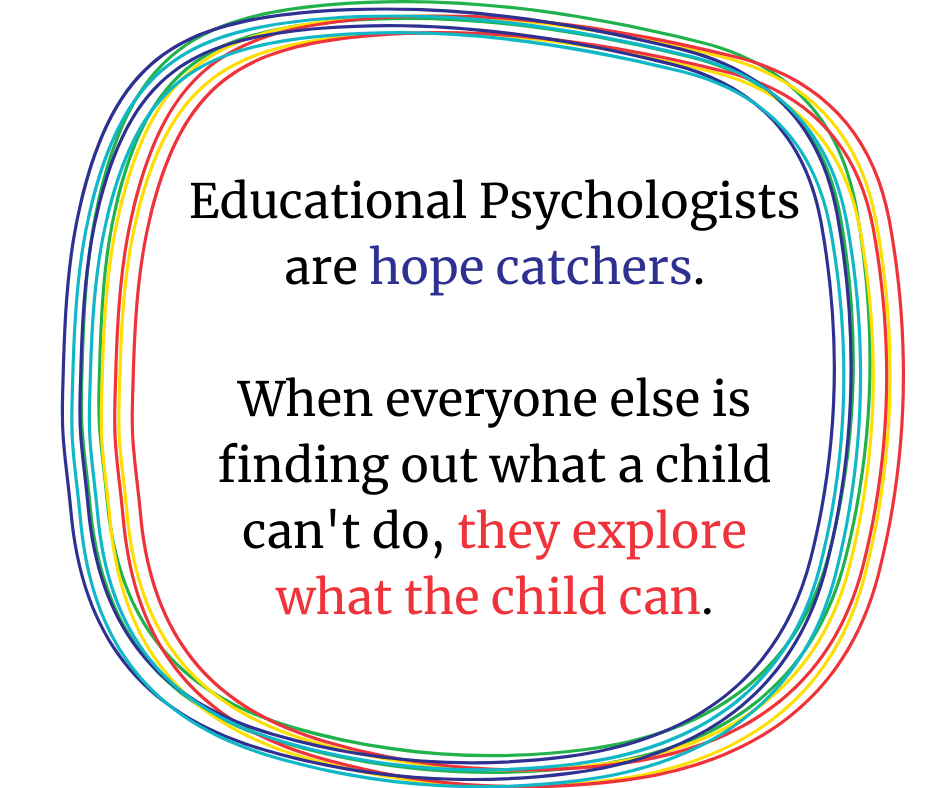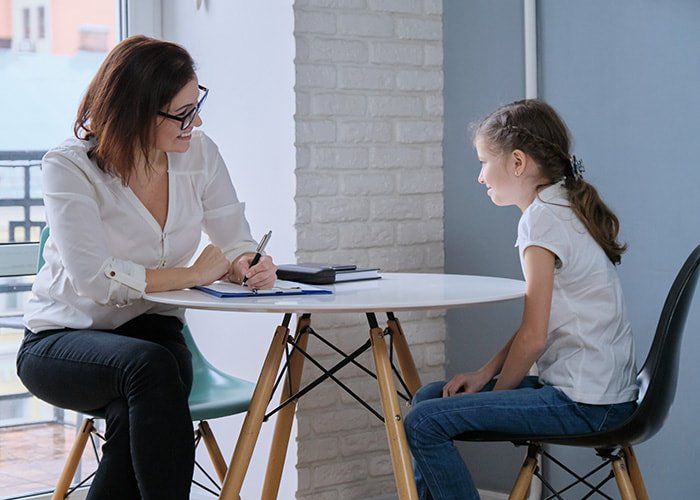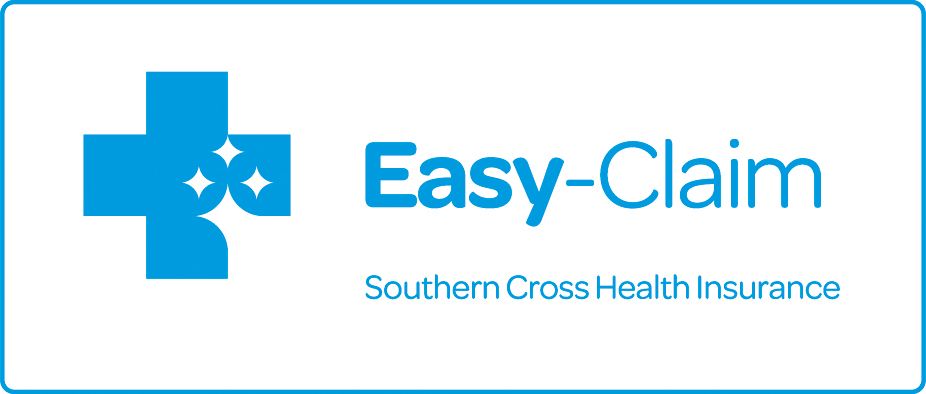Educational psychology
assessments
Our team of 8 Educational Psychologists assist students from Year 0 to tertiary level. They use their depth of experience and a wide range of specialist diagnostic assessment tools to achieve an accurate assessment of your child's unique situation.
Educational and academic assessments are helpful for many reasons:
- They help pinpoint strengths and weaknesses in your child’s cognitive profile. We undertake a thorough and complete assessment of a child’s cognitive and academic functioning to achieve diagnostic accuracy.
- Assessments identify whether a learning difference (commonly known as a Specific Learning Disorder e.g., dyslexia, dysgraphia, dyscalculia) is a contributing factor to why a child might not be meeting their academic potential.
- At secondary school, the SENCo may request a Special Assessment Conditions assessment to indicate if a student is entitled to special assessment conditions for the exam pathways of NCEA, CIE, or IB.
- They can assess for giftedness or twice/multi exceptional learners or an intellectual disability.
The results and recommendations from your assessment are valid for three to four years.

Why does my child need an Educational Psychology assessment?
An assessment is undertaken to find out more. We believe parents know their kids best. Your intuition will often tell you if something is not quite right about your child’s learning.
This is usually backed up by school reports and observations. Often, schools will contact parents to indicate that it might be a good idea to get an educational psychology report done.
What happens at an Educational Psychology assessment?
On the day, your psychologist will spend the first 15 minutes with you and your child. This ensures your child is relaxed and ready for the assessment. It also gives you a chance to cover any relevant history and / or concerns.
Assessments are one-on-one with one of our Educational Psychologists and your child.
Your child and the psychologist work together on a series of activities. While they are different to school-based tasks, these activities tell us about a child’s learning abilities and potential.
Near the end of the session, you will return and be provided with initial verbal feedback.

What happens after the assessment?
A full written report is usually available about four weeks of the assessment.
If you have queries or need further clarification after reading your child’s report, please send your question via email. Although it is not usually necessary, you can book a one-hour chargeable session to review the report content.
The SENCo (Special Needs Co-ordinator) at your child’s school should be sent a copy of the report. You should also arrange meeting with them to discuss the outcomes and recommendations and how these can be implemented in the school environment.
If you need additional support or therapy for your child, we’re here to help.
Please note: ADHD and ASD are both medical conditions. This means that a final diagnosis must be made by a medical practitioner such as a pediatrician. However, we can do an initial screening test (additional fees will apply) which identifies traits and clarifies specific areas of impact.
Meet our Educational Psychologists
Our qualified Educational Psychologists are professionally registered. They regularly undergo professional development and training to ensure they stay on top of new research and developments.





